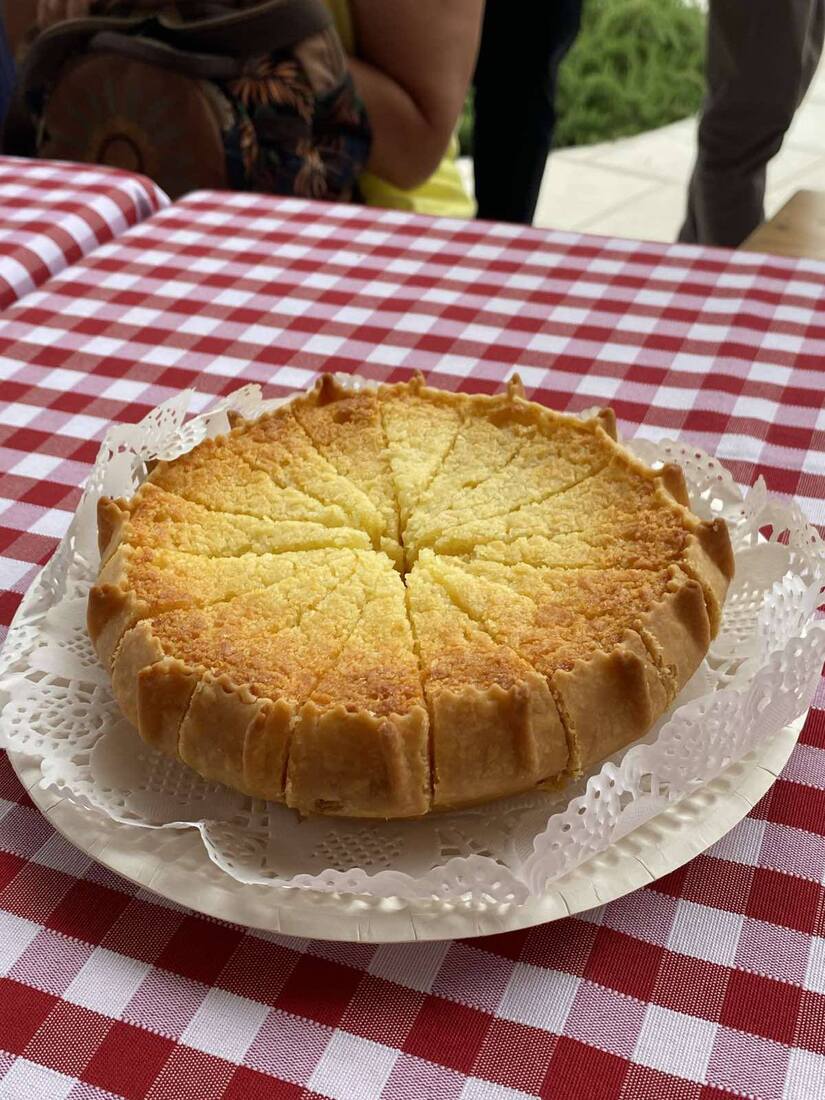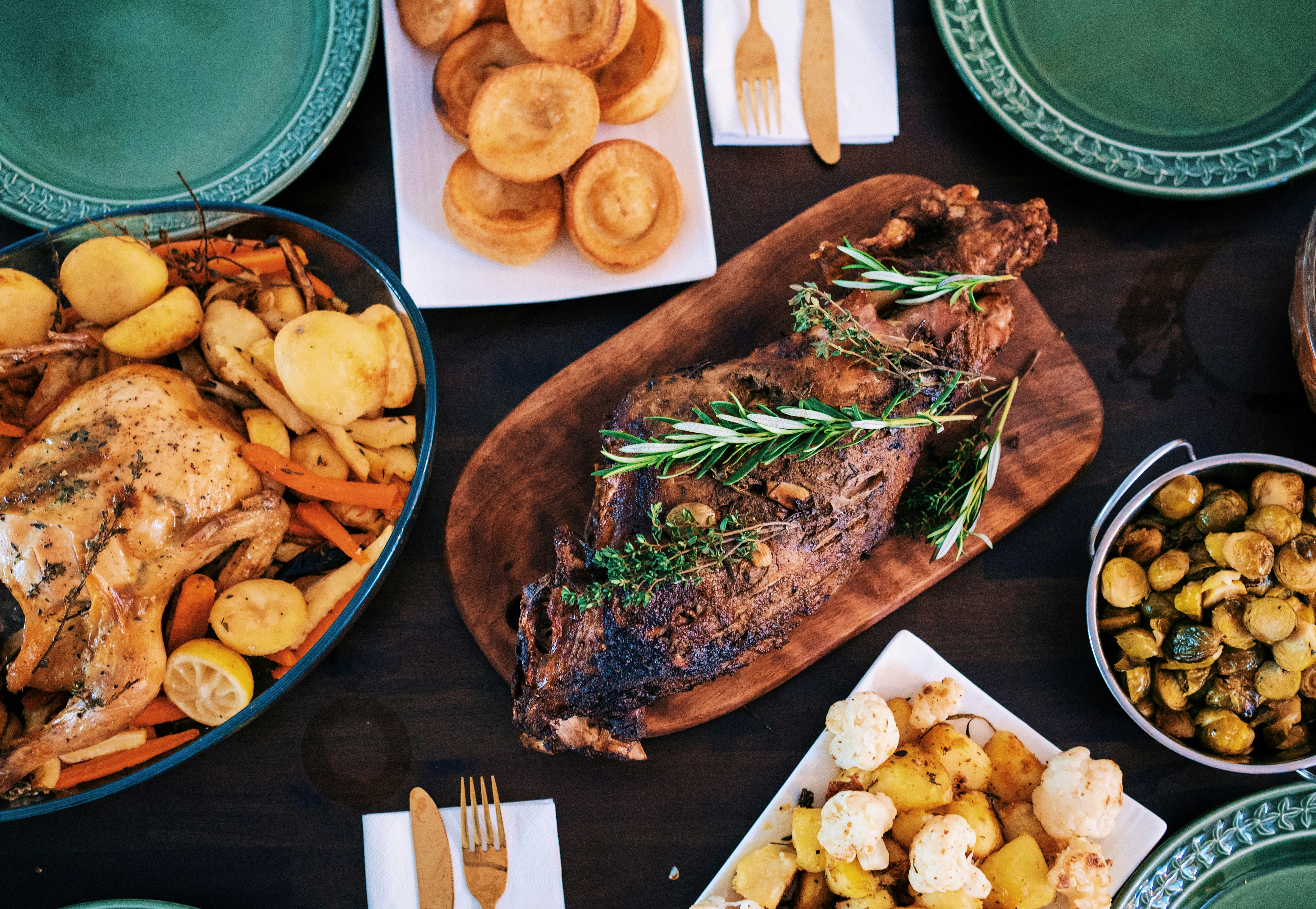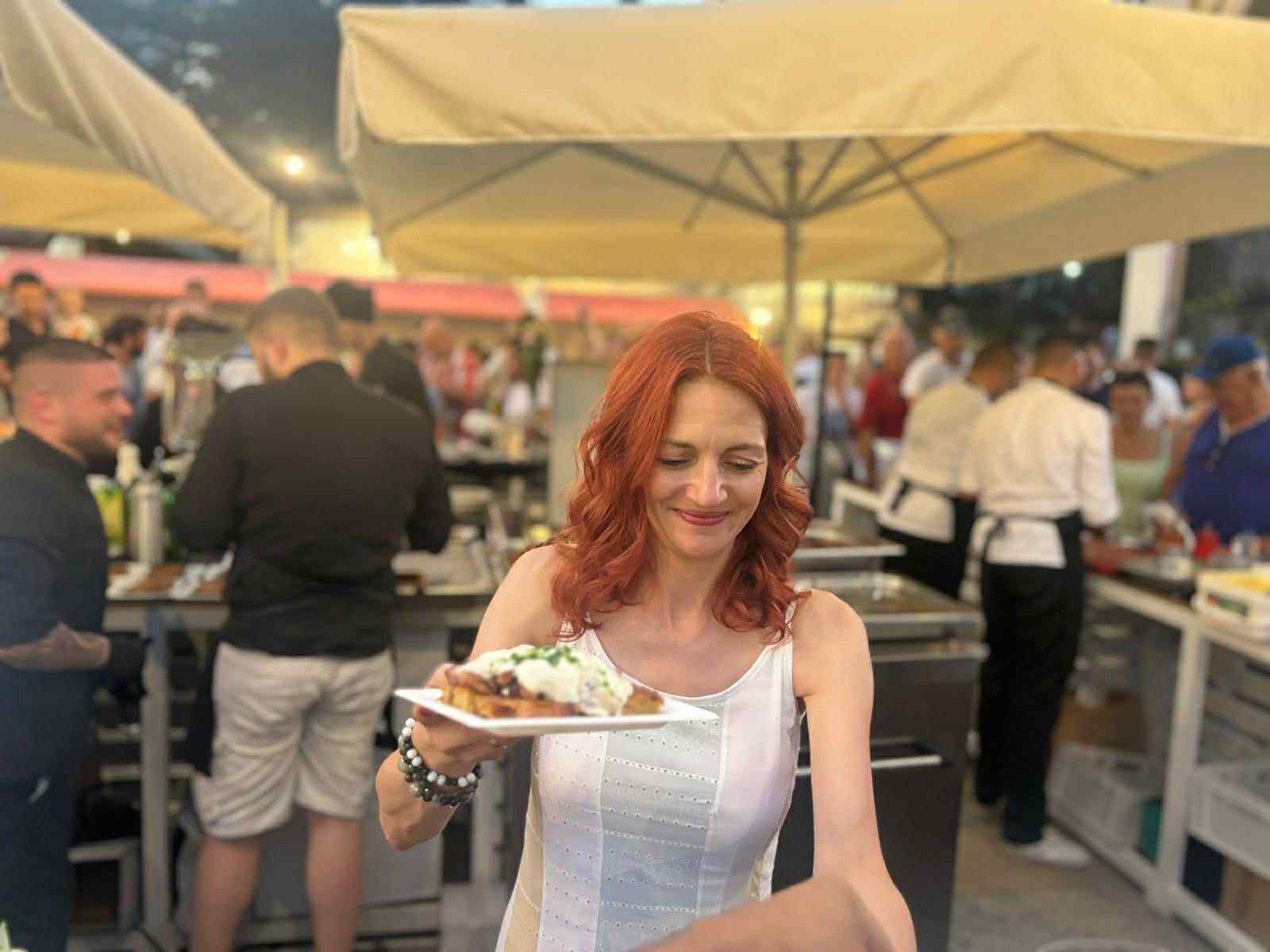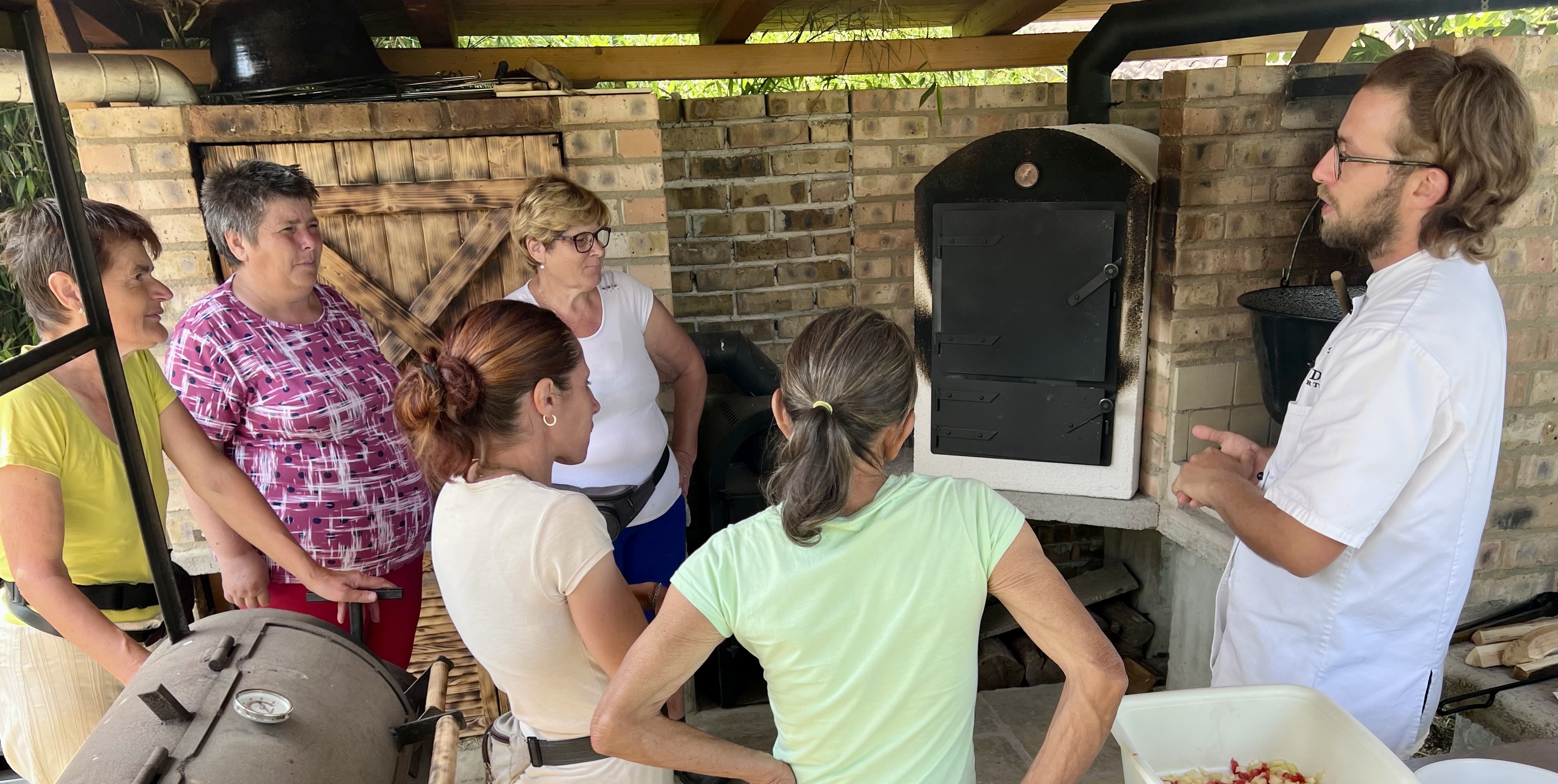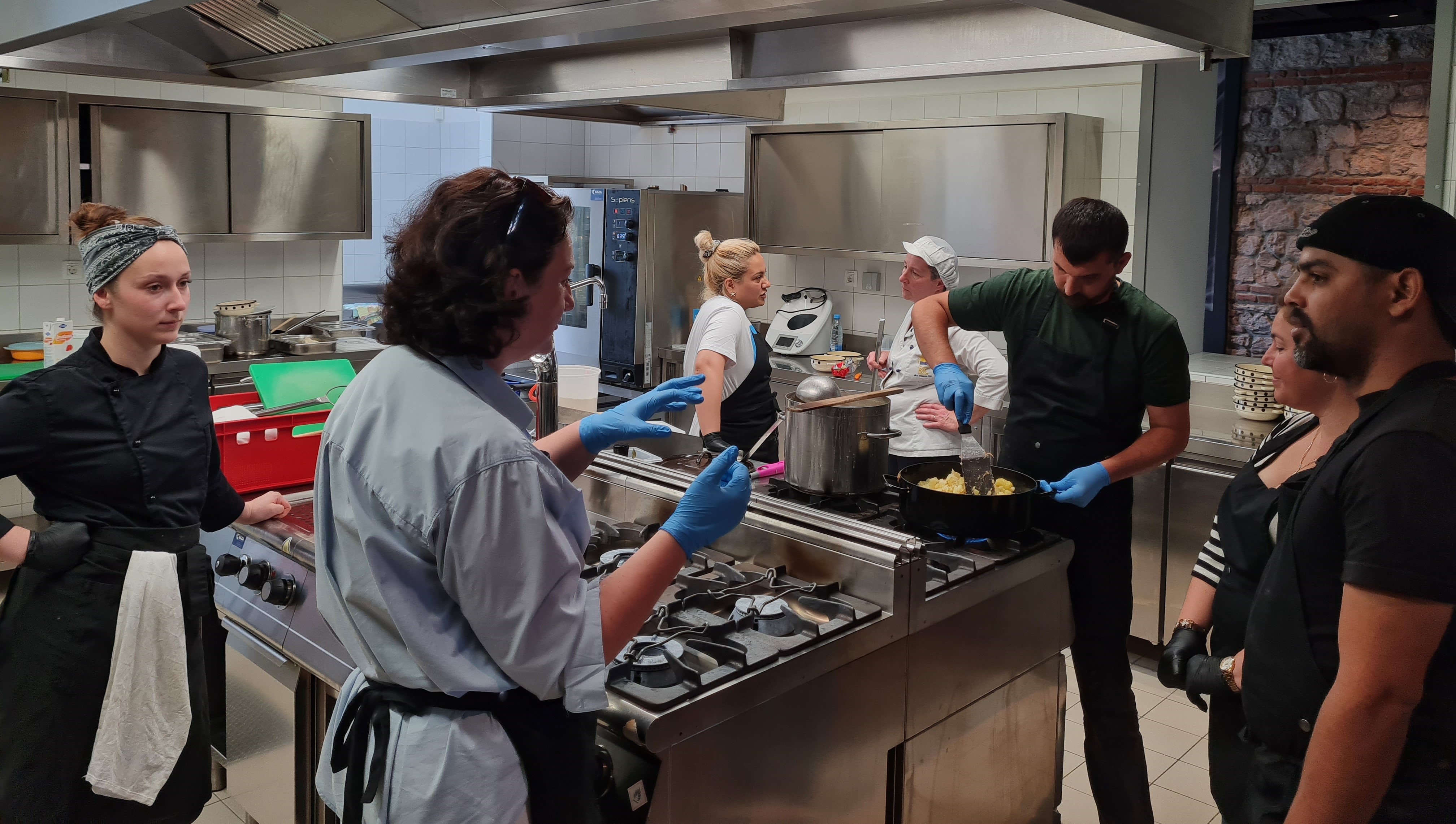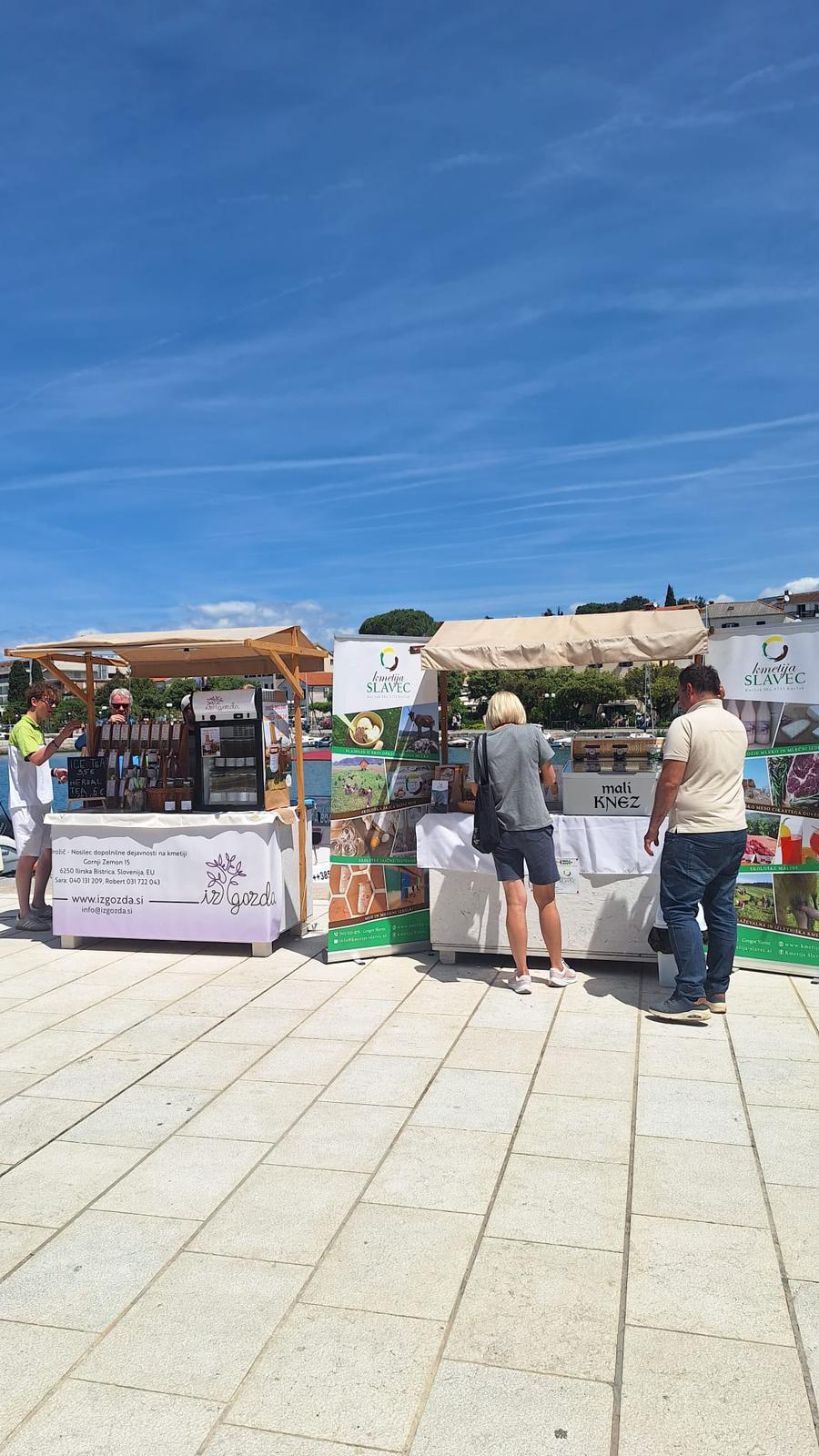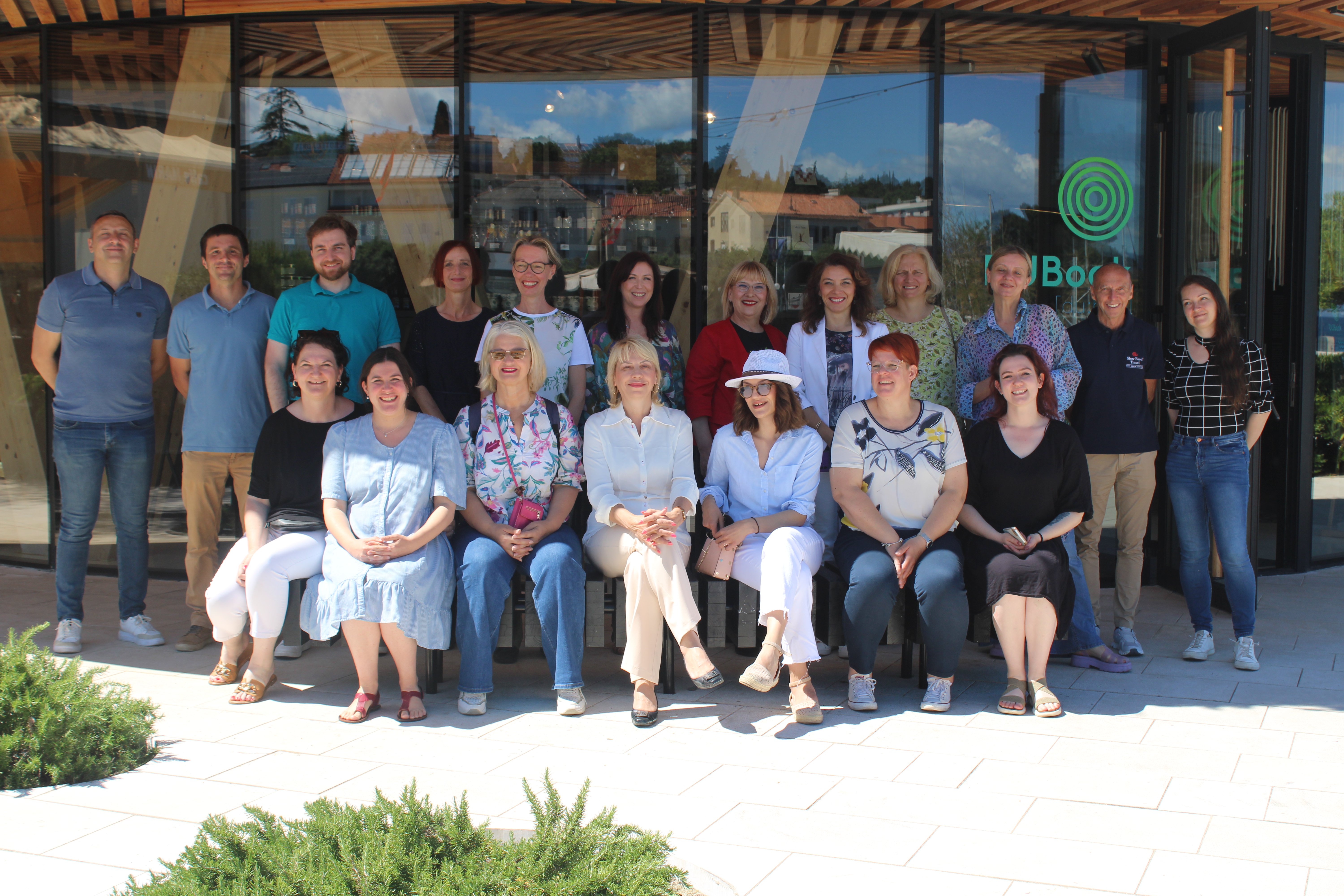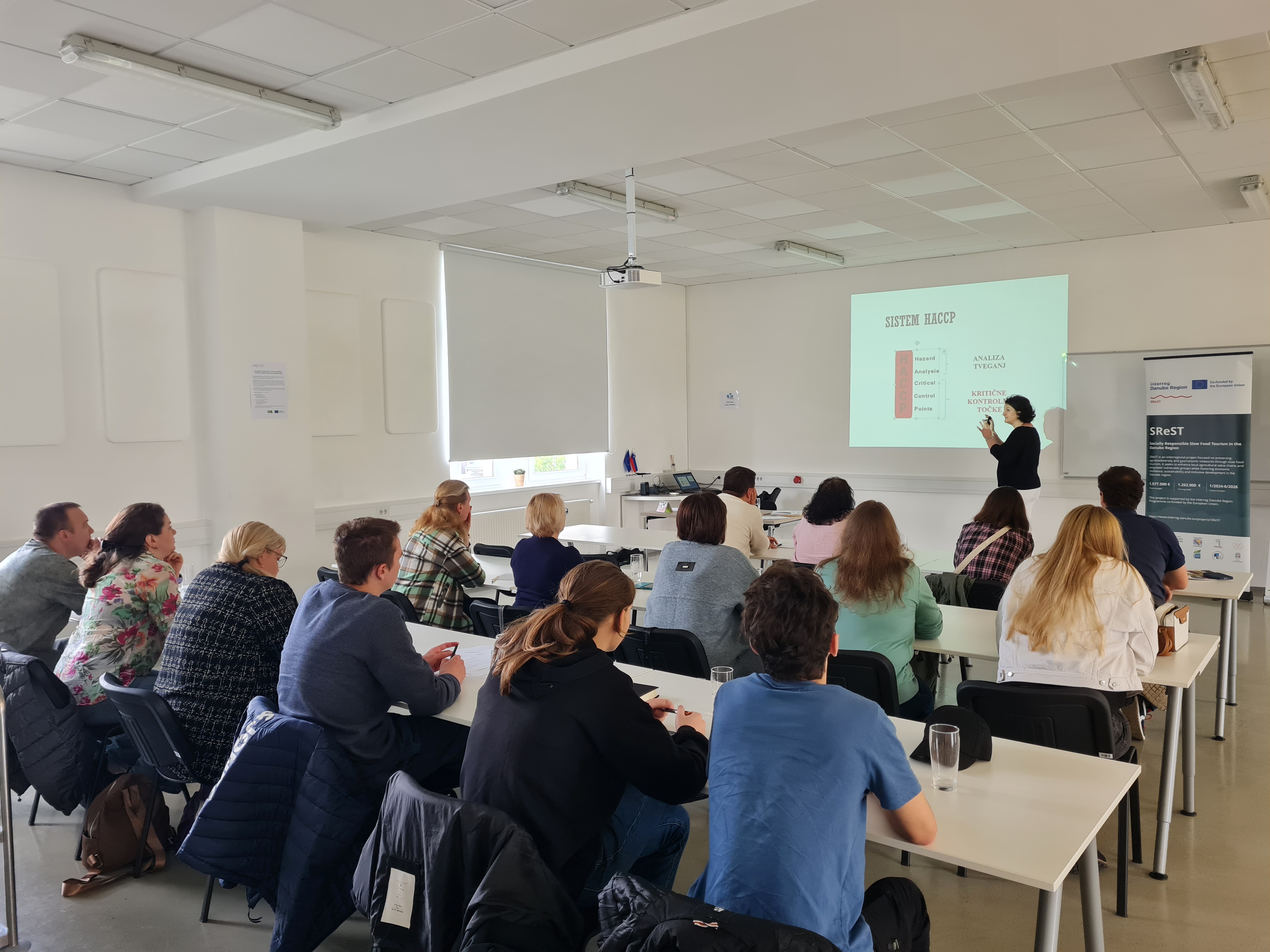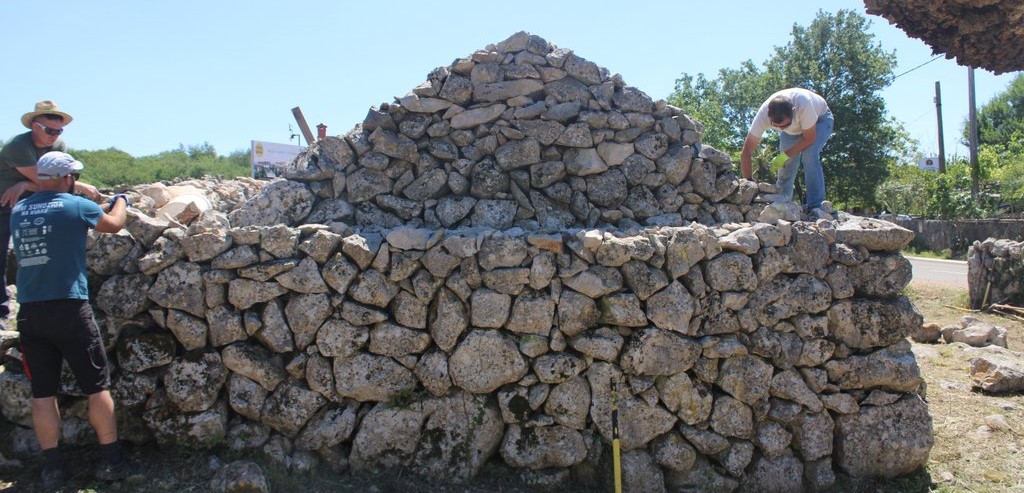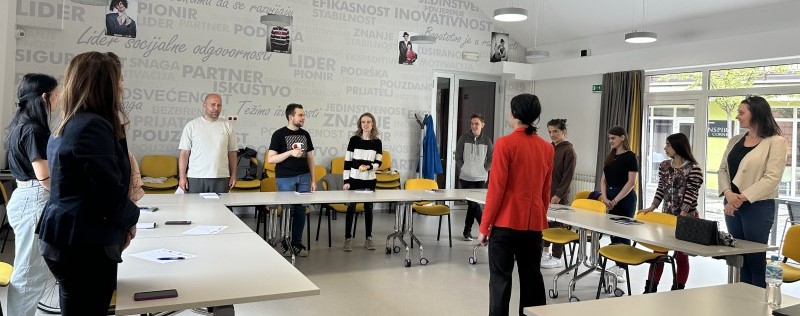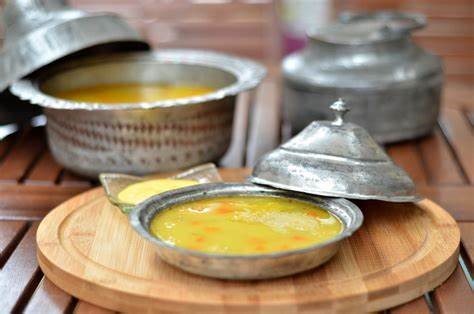
Ramadan traditions and dishes in Bosnia and Herzegovina: Preserving culinary heritage
During the holy month of Ramadan, iftar, the moment when the daily fast is finished, is more than just a meal. It is a special time filled with tradition, togetherness and flavours that evoke a deep sense of home and heritage. Among the dishes that are an essential part of the iftar table in Bosnia and Herzegovina, topa and somun hold a special place, representing both simplicity and richness in Ramadan cuisine. These specialties, deeply rooted in Bosnian culture, are closely connected to the authentic local products mapped within the SReST project, emphasizing the importance of preserving culinary heritage while supporting local producers.
SReST project is supported by the Interreg Danube Programme, aiming to promote socially responsible slow food tourism in the Danube region by developing a shared framework for valorising agrobiodiversity and gastronomic heritage.
Topa, a warm and creamy dish made from butter, cream and cheese, is a staple of Bosnian Ramadan tables. Its flavour can be further enriched when prepared with Bjelašnica cheese. This cheese, produced from the milk of sheep and cows grazing on the untouched mountain pastures of Bjelašnica, adds a distinctive aroma and creamy texture, giving topa an even richer taste.
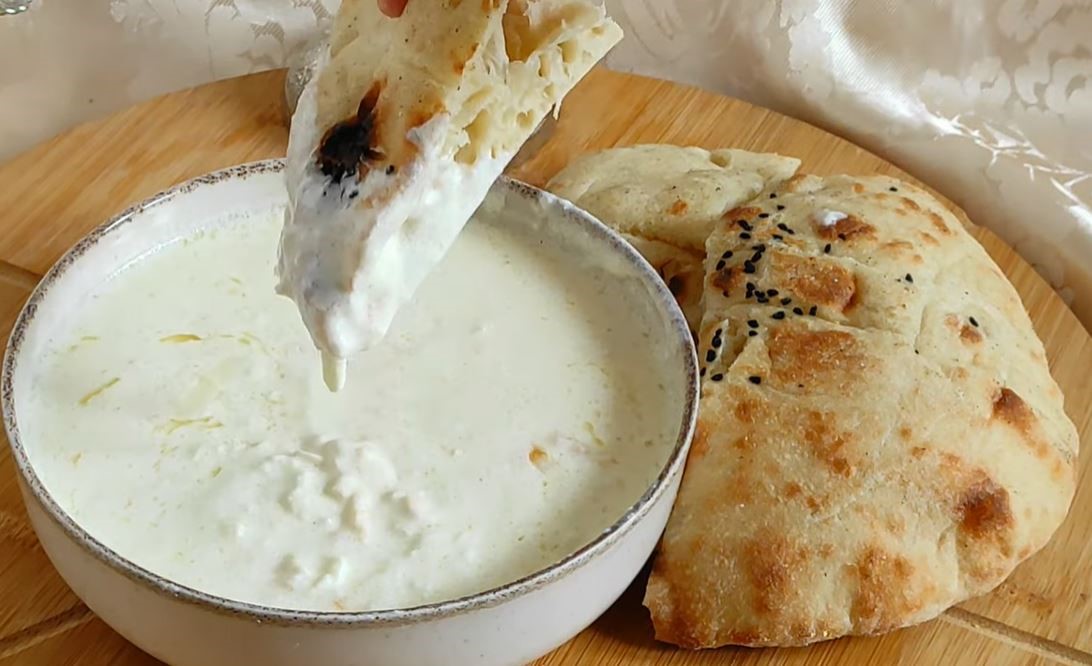
No iftar is complete without somun, the iconic flatbread with a crispy crust and soft interior. Its preparation can be enhanced by using spelt flour from the Nišići plateau, an ancient grain rich in nutrients, which adds a mild, nutty note to the dough. This bread pairs perfectly with topa and Begova čorba, a traditional Bosnian soup. Begova čorba is a thick and nourishing dish made with chicken and okra, which has been a part of Bosnian culinary tradition for centuries. Its creamy texture can be enhanced with Bjelašnica cheese, adding a rich and slightly tangy flavour, making this comforting soup even more delicious.
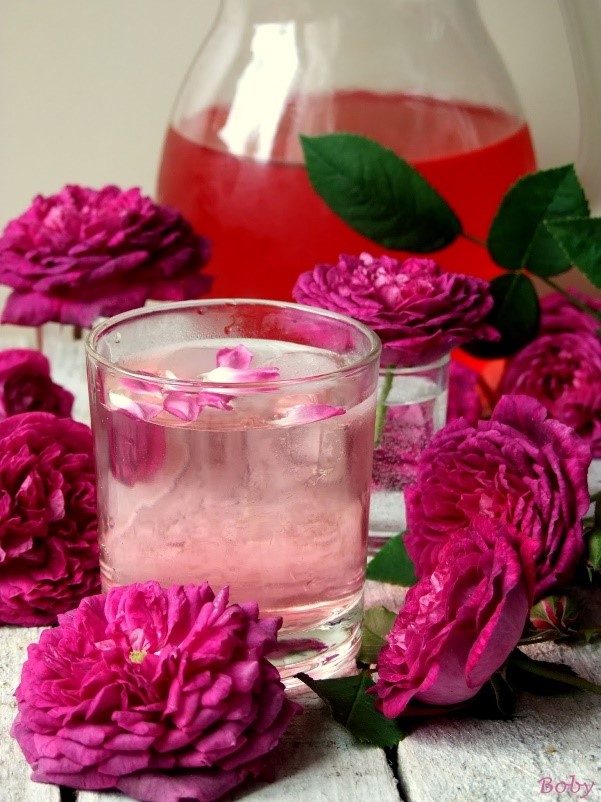
Đulbešećer syrup from the Nišići plateau
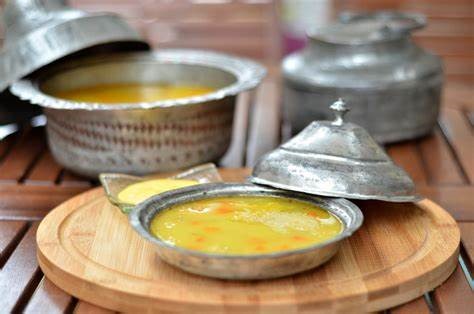
To refresh after a long day of fasting, a traditional and naturally fermented drink, juniper juice from Bjelašnica, offers a perfect alternative to commercial beverages. Known for its digestive benefits, this drink has been enjoyed for generations. Another Ramadan favourite is Đulbešećer syrup from the Nišići plateau, made from Damask rose petals. When diluted with water, this fragrant syrup provides a perfectly balanced sweetness and a refreshing end to meal.
In Bosnia and Herzegovina, Ramadan is not only a time of fasting but also an opportunity for families, friends and neighbours of other religions and cultures to come together, share food and nurture a sense of belonging. It is a month filled with frequent iftar events, held in family homes, restaurants and public outdoor spaces. These gatherings are often organized by local communities, municipalities, cities, business organizations, schools and the Islamic community, including local mosques that host iftar gatherings for both youth and elderly members fostering a spirit of togetherness and solidarity.
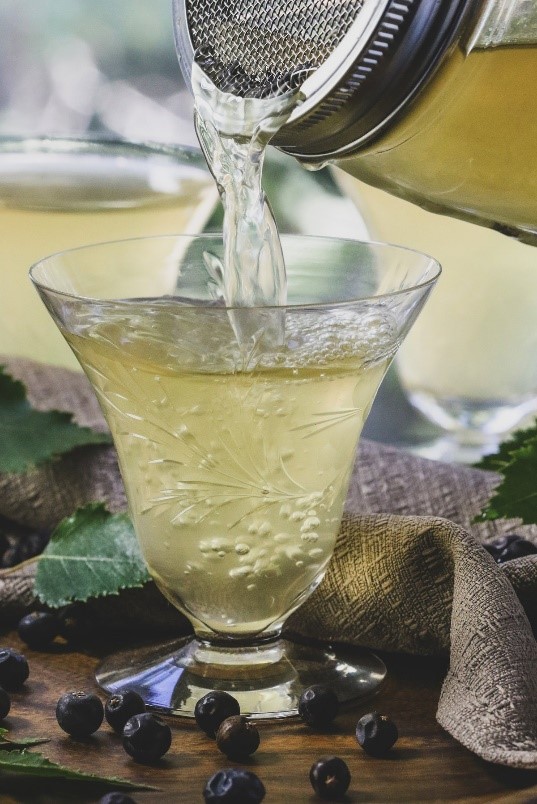
juniper juice from Bjelašnica
News & Events
Read the most recent updates and explore the upcoming events.

